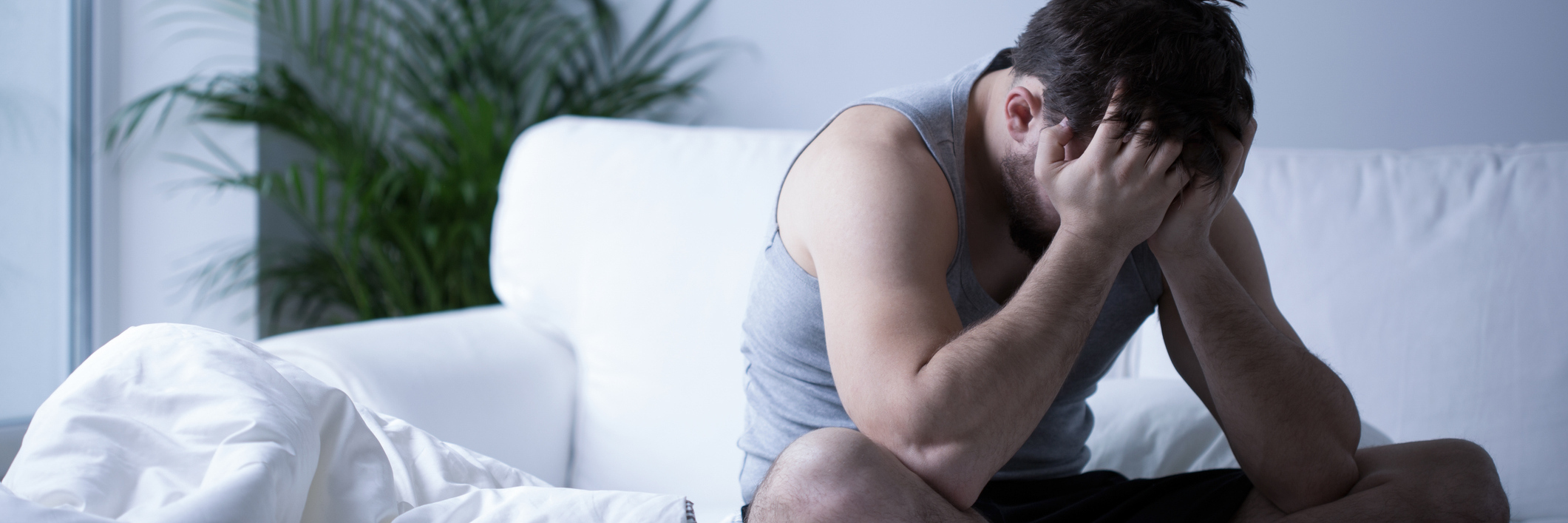Editor’s note: If you struggle with obsessive-compulsive disorder (OCD) or an eating disorder, the following post could be potentially triggering. You can contact the Crisis Text Line by texting “START” to 741-741. To find help visit International OCD Foundation’s website. For eating disorders, y You can contact the Crisis Text Line by texting “NEDA” to 741-741.
Obsessive-compulsive disorder (OCD) is an extremely misunderstood illness. I can speak to this because my OCD doesn’t look like most. Yes, I am extremely clean and organized. However, this has nothing to do with my OCD. I know this because I can leave the house if my room isn’t perfect, or don’t stop eating because my closet isn’t in the proper order. I’m not saying this to diminish anyone’s struggle because I have met many people along the way who cannot say the same.
My OCD is more obsession heavy, though I do have some compulsions. I only recently realized my need to tell people everything going on in my life that is a compulsion. This is probably the worst of my compulsions and it has definitely made my life challenging. However, I don’t wash my hands until they bleed or any of the many other stereotypical OCD behaviors. A lot of these are chosen to represent OCD because they are easy to show and make a good story.
When my OCD is the worst, I primarily obsess over food. For me, to eat a simple snack, I’ll take two hours to obsess over it. I must figure out what I want to eat. Once I have decided that, I must plan how I am going to prepare it. Now, I’m not talking about whether to bake or fry my chicken. I must plan each individual step. First, I’ll go to the kitchen. Next, I’ll open the refrigerator. After that, I touch whatever I have decided to eat. Then, I can… and this cycle continues until I’ve laid out a complete plan of attack.
This might not seem like that big of a deal; everyone plans their meals. Mine just might be in more detail. Here is the difference: my OCD is now an Eating Disorder. Studies have shown that people with eating disorders also have statistically higher rates (11 percent to 69 percent) of having OCD. My OCD has caused me to starve myself to near death, twice. My obsessive cycle can take two or more hours to get through so I can go have a snack. If I must deviate from my plan, usually that shuts me down and it feels like I cannot eat anything. Something in my mind locks up and I find it impossible to take a bite. Sometimes my obsessive spin takes so long, I just give up on eating.
In one program I was in, they asked us to give advice to the new patients. My advice was always: “Don’t Google your illness.” There is a lot of information out there, but mental health affects everyone in a different way. Googling OCD, I would have never thought I had it. This shows once more that treating mental illness is not about treating a disease, but about treating the individual.
If you or someone you know is struggling with an eating disorder, you can call the National Eating Disorders Association Helpline at 1-800-931-2237.
We want to hear your story. Become a Mighty contributor here.
Thinkstock photo via KatarzynaBialasiewicz

